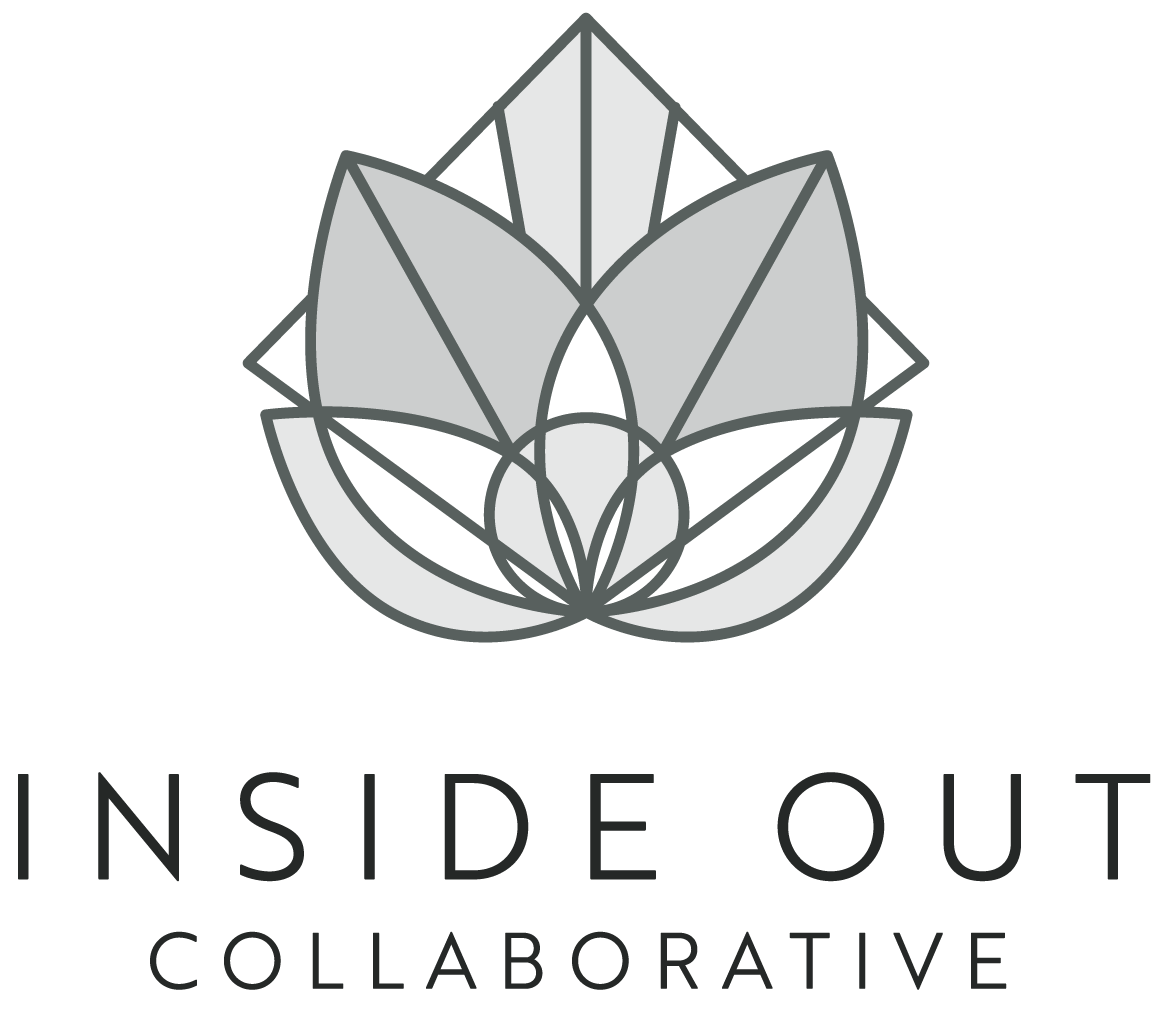The "Right" Things To Say
“The shame of being wrong becomes problematic in relationships.
It keeps us from being authentic and leaves us stuck in the past.”
"I just want to know the right thing to say."
"Whatever I say seems to push her away."
"I feel distant and helpless."
"I don't want to say the wrong thing so I don't say anything."
When you are either giving or receiving support from a loved one, you feel the pressure to say the right thing. I hear this all the time, and I feel for you. I too have questioned what I should or shouldn't say to a loved one. The more intimate the relationship, the more pressure you feel. It can feel defeating, helpless, hopeless and paralyzing.
You're wanting to paint a masterpiece with a mathematical formula. You don't want to be wrong. You want to be right. You want there to be an instruction manual so the outcome you want is guaranteed. (Me too!) But here's the problem: relationships are messy and painful as much as they are vital and life-giving. You are two (or more) people who are ever-changing and...take a deep breath...you're never going to know with certainty that you're saying the right thing.
But don't lose hope. There is something you can do.
CHANGE YOUR FOCUS. If you are always focused on saying the perfect thing, you are focusing on preservation—preserving yourself and the relationship, maintaining the status quo. If preservation is the goal, you don't want to mess things up or rock the boat. Focusing on preservation isn't as helpful (or realistic) as learning to problem solve together or reconcile a situation. Reconciliation simply means coming together after being separated. When something unexpected or undesirable happens, you learn to cope with the feelings that come up and engage in the collaborative effort of reconciling. Change your focus from preservation to reconciliation.
BE YOURSELF. If you're not so focused on preservation, you don't feel as much pressure to say the right thing. That pressure makes you hesitate and second guess everything. It's similar to what they say about test-taking: usually the answer that comes to mind first is the correct one. The shame of being wrong becomes problematic in relationships. It keeps you from being authentic and leaves you stuck in the past. Speaking from your authentic self is the "right" thing to say, in most cases.
Whether you're a parent, a teen, a spouse, the one needing support, or the one offering it—it is so hard to know what to say. You're already feeling so much, take away the pressure to be perfect and try to just be. More often than not, that is enough.

